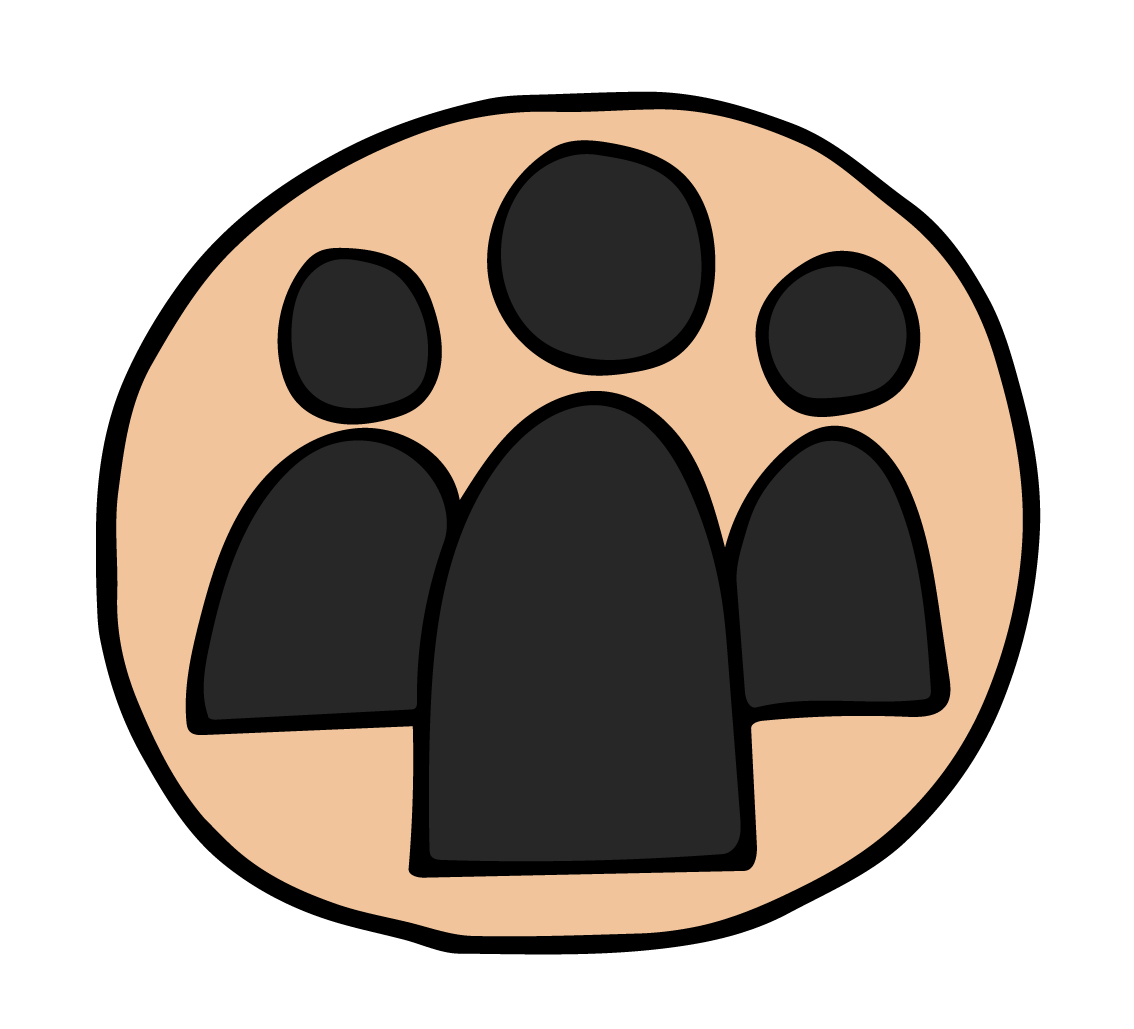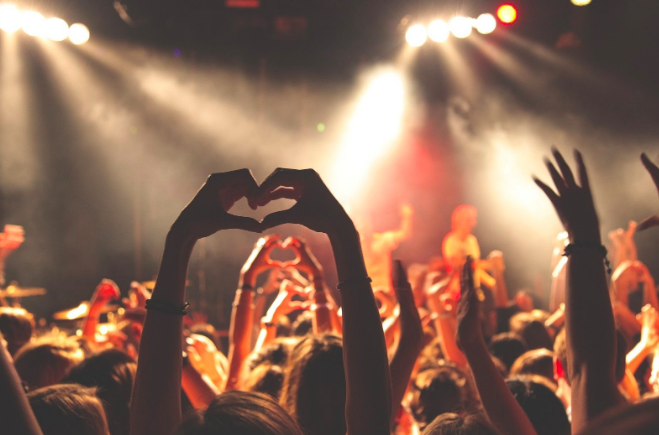
Summary
In this personal essay, local community activist Janis Bookout discusses the real danger of ignoring privilege in the midst of a global pandemic.

About Janis
Janis Bookout is the Executive Director of Earth Day Austin, as well as one of the organizers of Community Resilience Trust, a grassroots coalition that came together in response to the COVID-19 pandemic, with the goal of making Austin a more equitable city for everyone. You can support Janis' work by contributing to her Patreon account.
For years, many of us have had the luxury of pretending to ourselves that the impact of ignoring our privilege means it doesn’t exist or doesn’t harm anyone. Right now, today, that luxury is evaporating. Yes, I know that “privilege” could mean a lot of things. So what do I mean, specifically, right now and here?
I mean economic and social privilege. Privilege is – “a special right, advantage, or immunity granted or available only to a particular person or group.”
Here’s what that looks like – White people have the advantage of being trusted by police officers and loan officers. People who can walk have the “special right” to leave their scooters on the sidewalk for people in wheelchairs to have to deal with. People who have better insurance live longer.
The amount of money you have has nothing to do with your morality or ethics. If you think that’s my point, it isn’t. That said, our entire social, economic, judicial and political system was built on a foundation of exploitation and harm of people and natural resources. But we relate to that history like it doesn’t impact us today–like that history is in the past. But we have carried it forward in every way, through policies and practices, through implicit biases that shape our decisions and reactions, through physical structures, communication strategies – ALL OF IT. EVERYWHERE. Racism and injustice has been sewn into our American DNA. The foundation of our society is cracked. And whatever privilege you personally have in this society is tied to that cracked foundation. But even that is not my point.
My point is, ignoring privilege continues to kill people. And here is how, right now at this moment, that is playing out:
Some people still think it’s OK to go to the store to get groceries without keeping 6 feet from everyone. They might think, “I am healthy” because they have insurance and they’re young (privilege). At this point, with community spread of COVID-19 in progress, it is entirely possible that they are asymptomatic and sharing the disease on everything they touch, with that one sneeze that they think doesn’t matter because they are not sick. They’re wearing the gloves they got from a connection after everyone else couldn’t (privilege), but on those gloves are germs spreading everywhere. Grocery products. Keypads. Credit cards. Doorknobs. Oh, but they wash their hands when they get home, right? Ignoring privilege just infected 500 people and killed 5. Think it’s not possible? A woman in Korea decided to go to church and infected over 400 people at once. Looking from a historical perspective, Typhoid Mary infected 51 and killed 3. Before you judge, however, Mary’s position was as a working class cook. Was she even able to stop working? Again, it is a matter of privilege.
In a few weeks, some people will think it’s OK to go out in public and be less careful because they have been isolating because they did not have a service job they had to go to (privilege), and they are now just fine. They then will get sick when they did not have to and take up the very last ventilator (privilege if it was because of good insurance) which is then not available for that service worker that definitely got sick serving them. Yes, this can happen. Research is pointing to us running out of ventilators between now and mid-April.
Accounting for privilege can also *sometimes save people.
But this is not the way it has to go down. Community Resilience Trust (CRT) is only one example of a group of leaders who are using their privilege to help balance the scale. One CRT team built a website with every resource they can find and did it in coordination with city and county officials so that the information is accurate and timely, and translating it into multiple languages. CRT teams are working on infographics covering safety protocols and worker’s rights, collecting personal protective equipment for health workers, addressing the rights of adults and juveniles who are incarcerated. We have a project dealing with food distribution and another addressing the needs of pregnant mothers. We are actively looking for ways to address equity as holistically and comprehensively as possible.
Beyond this group, others are working equally hard as well. One leader worked with many organizations to make a list of policy demands to protect people. Another put a list of resources together for people who are often marginalized and are constantly editing it for accuracy. A group of physicians used their collective influence to demand we act like we have community spread well before our insufficient testing proved it.
This is all incredible work.
But even while using our privilege for this purpose, we must not assume that our privilege won’t kill people. Failing to understand how people experience life can translate to solutions that don’t help or even make things worse. This part is so hard because it just reflects where we have already failed to be connected to each other. How many homeless people do you personally know?
Do you know, for example, that they don’t like going to certain shelters because it’s dangerous? How many people who live without running water are there in Austin? Do you know? How many people don’t have electronics, and because they don’t, won’t access this blog or the website or the thousands of warnings or resources posted online?
If we imagine a solution for that, we might post printable warnings and lists of resources at grocery stores. But we gotta make sure those flyers don’t have COVID-19 on them, and that they are translated. And what about people who don’t have a car and can’t even get to the grocery store? Should we use block captains? Where would that stop working? When you really start to confront it, you have to ask yourself, “How many phone numbers in my phone connect to people who might benefit from my privilege?”
Yes, it is maddening when you really go down the rabbit hole about it. But PLEASE can we now go down that rabbit hole together? PLEASE can we all just confront how interdependent we ALL are to each other? And can we PLEASE start disrupting our own complacent, privileged, independent thought patterns? Maybe each of us could become just a little more connected to each other, or even save one life that way. Would that be enough?
Maybe we need to completely rethink what it means to be part of a community, what it means to be American. What it means to be white. What it means to be privileged. What it means to be human. I’m in. Are you?
If you’re in, here’s my suggestion on where to start:
First, regarding the virus, stay home if you can, and disinfect everything. If you go out, wash your body and your clothes and sterilize packages. This protects you and others.
Learn about anti-racist work. Look into work offered by Undoing Racism and Beyond Diversity. Watch their videos since live events are not currently an option.
Do a google search for phrases like “racism Austin” or “social justice Austin.” Read about events and organizations in your own town.
Join a group in your area that is working on local solutions.
Want to support Janis’ work? Please contribute to her Patreon page here.



